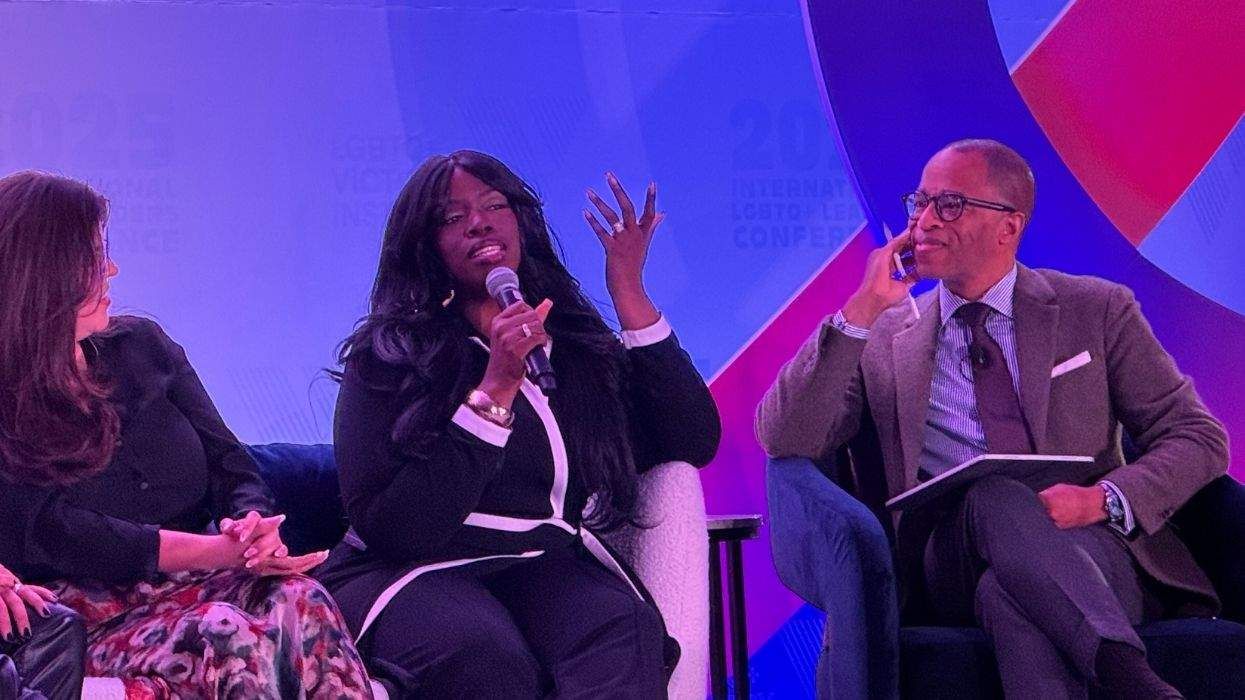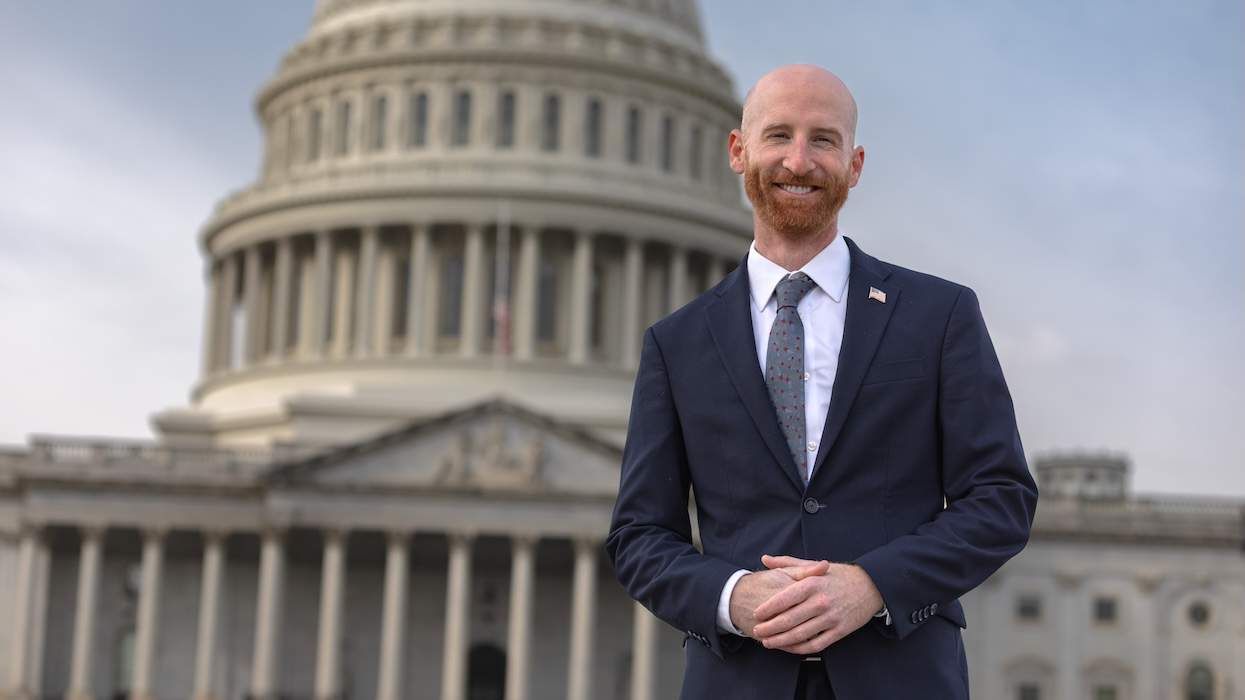Sen. Hillary
Rodham Clinton is running for president on her husband's
White House record, and it is a strategy that cuts both
ways.
The New York
senator and her husband, former president Bill Clinton,
constantly remind voters of the U.S. economic prosperity in
the 1990s and his record on the environment, college
aid, and family medical leave. Press releases from the
campaign often include sentences that start , ''Under
the Clinton administration...''
''Yesterday's
news was pretty good,'' Bill Clinton said last month in
Iowa while campaigning with his wife.
But yesterday's
news is not always easy to explain today.
A San Francisco
blogger made that painfully clear to Senator Clinton
during the Yearly Kos Convention of liberal bloggers this
weekend, when he asked whether she would support or
repeal four major pieces of legislation enacted during
the Clinton administration: the Defense of Marriage
Act, the Telecommunications Act, the North American Free
Trade Agreement, and welfare reform.
All four laws are
unpopular with liberal voters who historically dominate
Democratic primaries and caucuses. The political landscape
for Democrats has changed since the 1990s on issues
such as gay rights, trade, and welfare
reform--due in part to the rise of the influential and
polarizing liberal blogosphere. That means candidates
like Clinton must shift too or defend their refusal to
do so.
The San Francisco
man had put Clinton on the spot.
So she hedged and
dodged in a complicated set of answers to explain
herself.
The Defense of
Marriage Act, which denied federal recognition of same-sex
marriages and gave states the right to refuse to recognize
same-sex marriages, ''served a very important
purpose,'' she told the blogger. The law staved off
Republican efforts to amend the U.S. Constitution to ban
same-sex marriage, Clinton said, an argument that seems to
consign her husband's support of the law to the
''necessary evil'' category.
It also assumes
the voters will buy the assumption that Republicans had
the political might to change the Constitution, a Herculean
task.
Clinton said she
would favor repeal of a provision of the act that
theoretically could endanger the federal benefits of gay
couples.
The
Telecommunications Act is unpopular with Democratic bloggers
and other liberals who believe the law has led to
rampant media consolidation. The topic received
widespread discussion at the Kos convention, which
wrapped up Sunday, in light of Rupert Murdoch's
purchase of The Wall Street Journal.
Murdoch's massive
global media and entertainment empire includes Fox
broadcast network, which is vilified by liberal bloggers.
Clinton dodged
the issue.
''You'd have to
ask Al Gore,'' she told the blogger, referring to the
former vice president, who spearheaded the Clinton
administration's telecommunications policies. ''Al was
very involved in designing and pushing that through.''
It was not lost
on Clinton's crowd that Gore has not ruled out a
presidential run in 2008. She had just passed the buck to a
potential rival.
It is rare to
hear Clinton, one of the field's most polished candidates,
admit ignorance on a policy issue. But doing so came in
handy as she fobbed off the question on Gore.
''He's an
expert,'' she said. ''I'm not.''
The North
American Free Trade Agreement lowered economic barriers
between the United States, Canada, and Mexico, but
many voters believe it has cost the U.S. more jobs
than it has produced. It is a constant source of
tension for Clinton on the campaign trail.
While she won't
commit to repealing NAFTA as some other Democrats do,
Clinton puts some distance between herself and her husband
by saying one of the cornerstone's of his presidency
''did not realize the benefits it...promised.''
His decision to
sign the 1996 welfare reform law angered many of his
advisers, including some from his wife's political circle.
But he felt enormous political pressure to sign the
Republican-backed legislation or be branded a liberal
in the run-up to his reelection campaign.
The New York
senator did not disavow the welfare legislation, but she did
not exactly embrace it either.
''The
positives,'' she told the blogger, ''far outweigh the
negatives.''
She hopes the
same can be said about the strategy to run on her husband's
record. (Ron Fournier, AP)





































































Charlie Kirk DID say stoning gay people was the 'perfect law' — and these other heinous quotes